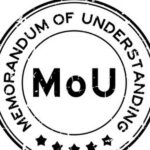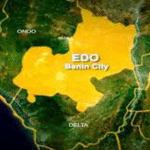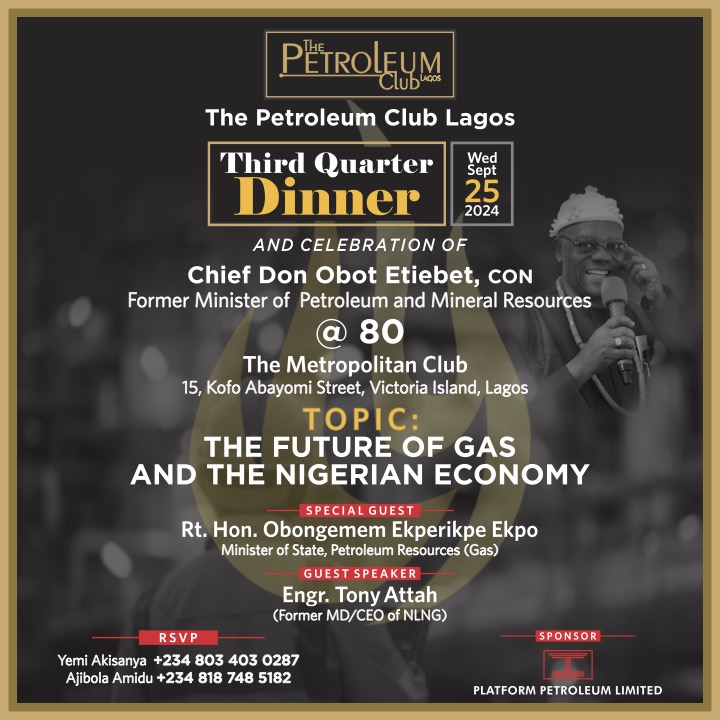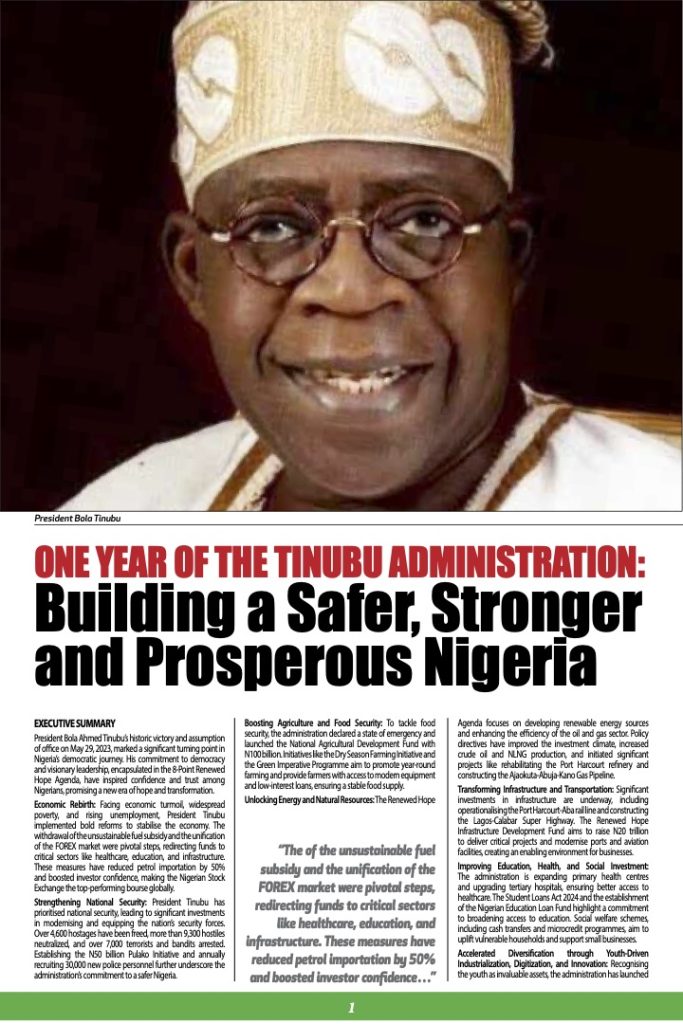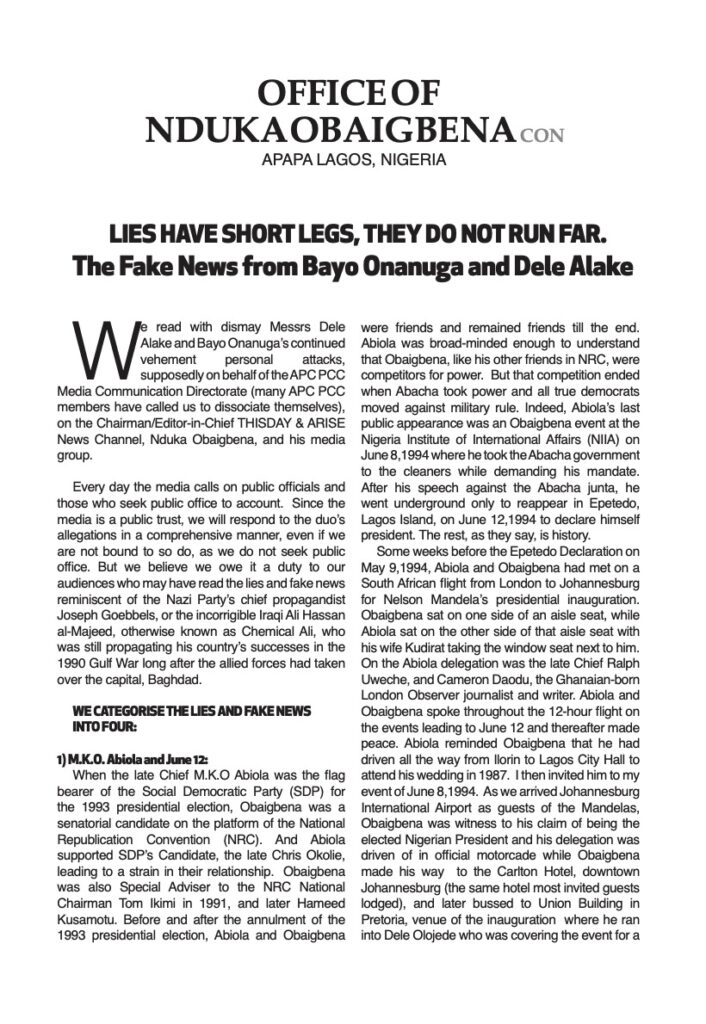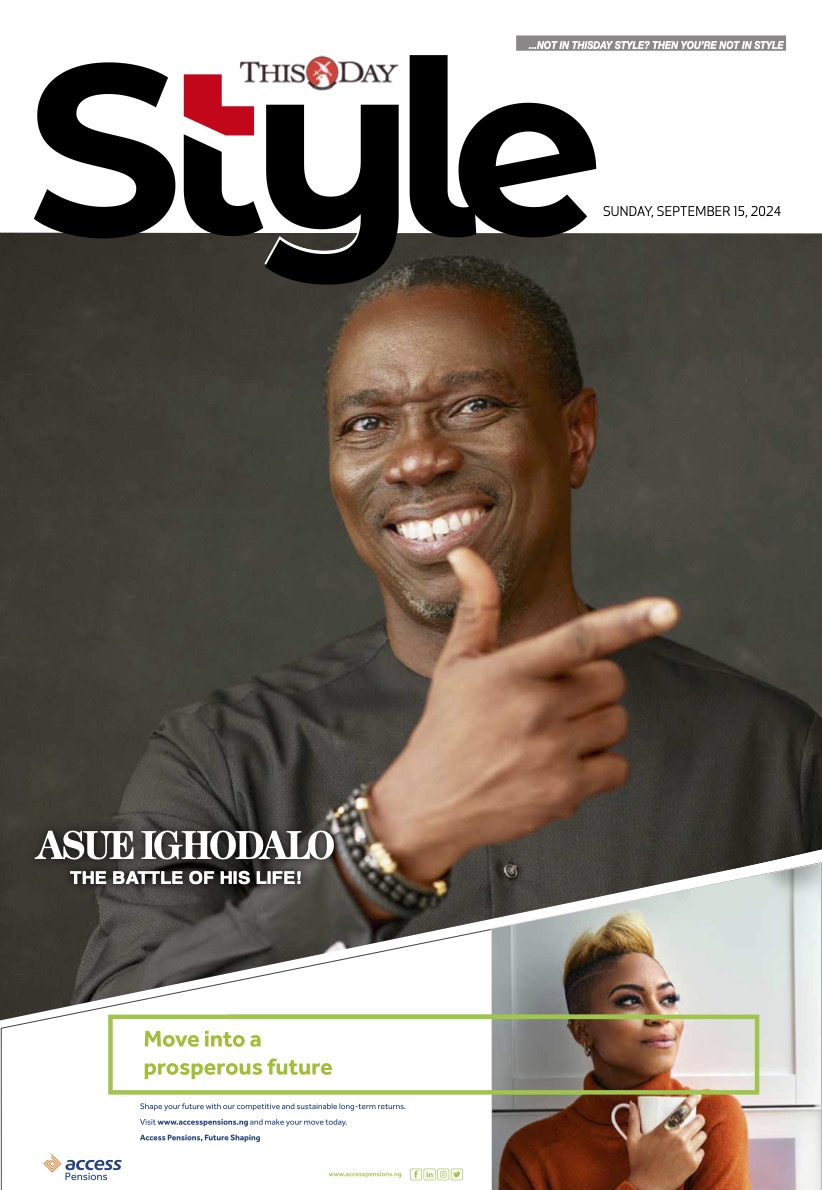Latest Headlines
Not Difficult to Govern?

VIEW FROM THE GALLERY BY MAHMUD JEGA
VIEW FROM THE GALLERY BY MAHMUD JEGA
There are only three other people who know this matter first-hand nearly as much as former President Olusegun Obasanjo does. He declared recently that Nigeria is not at all difficult to govern. He made that stunning declaration at Osogbo in Osun State when, after dancing a jig with Governor Ademola Adeleke, the former president led the way to commission a presidential lodge inside the Government House. I don’t know if it was the dancing that got to Chief Obasanjo’s head; he declared Adeleke to be his “dancing partner,” which was a serious exaggeration because the governor is a world-class dancer whereas Obasanjo could at best shuffle and wiggle.
Chief Obasanjo ruled Nigeria for a cumulative eleven and a half years, February 1976-October 1979 and then May 1999-May 2007. General Muhammadu Buhari’s total rule [December 1983-August 1985 and May 2015-May2023] was shorter by one full calendar year. Both men however had the unique experience of ruling this country both as military dictators and as civilian presidents, a very rich study in contrasts. Someone once said that Army Generals are always fighting the last battle, unable to adjust to changing circumstances. It was no wonder that both these men ruled in their Second Coming as if it was their First Coming, emasculating democratic institutions and traditions, trampling their political parties underfoot and treating the news media, trade unions and civil society groups with a mien ranging from cold rebuff to severe disdain.
The other two men with a long stretch of ruling Nigeria are Generals Yakubu Gowon and Ibrahim Babangida. They were very different kettles of fish from those first two. Each one of them ruled for the whole stretch as a military ruler, though both unsuccessfully tried to bounce back as civilian rulers, one in 1993, the other in 2011. One was very friendly, cheerful and as gentle as a nurse, while the other one spotted a [fake] cheer, created more agencies than anyone could count, and dribbled the country like a combination of Pele and Mbappe. Since all four of these men are still alive, could they kindly get together and tell us whether they in fact agree that Nigeria is easy to govern?
Chief Obasanjo did add a rider, that indeed Nigeria is complex but that it is not difficult to govern when you have a leader who is honest with God and the people and who has conscience and good character attributes. But Chief, that is a very big “if.” It reminds me of Basket Mouth, when a young girl told him that she was waiting for a “Mr. Right” to marry, one who is honest, sincere, loving, caring, who does not lie, does not drink, does not smoke, does not cheat and who is God-fearing. Basket Mouth calmly said, “Please wait a little. Jesus Christ will soon come back.”
You say that Nigeria is easy to govern when leaders who made much greater impact on their countries still thought those countries were near impossible to govern? In 1962, the imperious French President Charles De Gaulle said in exasperation about his country, “How can you govern a country that has two hundred and forty-six varieties of cheese?” Cheese experts later protested that De Gaulle undercounted them, because when sub-varieties are added, France had nearly 2,000 varieties of cheese!
We may not have a lot of cheese, but did Chief Obasanjo stop to count the varieties of gari, beans, amala and egusi that we have in Nigeria before he reached his startling conclusion that the country is not difficult to govern? Even when he was a military dictator with full powers subject only to a small Supreme Military Council which in practice could not restrain him because its members were all his military juniors, how many things did he left undone? His Operation Feed the Nation [OFN] farm that he started cultivating inside Dodan Barracks, did he harvest it? The high-falutin speech that he gave in Kaduna State in 1977 and the media called it “Jaji Declaration” where he said Nigerian society should be “fair, just, humane and African,” did it happen? All the banks and oil companies that he seized from White owners and renamed them “National Oil, African Petroleum, Union Bank, Afribank” etc., are they not back in the hands of Whites and their local fronts? Even the new National Anthem that he so laboriously crafted and adopted, has it not been discarded recently in favour of the one crafted by an English woman? So how easy has it been to govern Nigeria?
Even when he returned as civilian president in Nigeria and complained that all the great institutions he and his military colleagues established in the 1970s were destroyed, including the oil refineries, depots and ports, did he revive them? Nigeria Airways collapsed under his very eyes, even though he boasted that he left it with many planes when he first left in 1979. Was Nigeria Railway Corporation easy to govern? In 2003 when I and a group of other editors interviewed the then President Obasanjo, he said Railways’ monthly pension bill was N250 million while its revenue was N40 million a month. Did it improve since then?
Many things happened last week alone that made me to wonder if, indeed, Nigeria is so easy to govern. There was this photo of the Minister of State for Defence, Bello Mohammed Matawalle, arriving at Sokoto airport in full military gear, the Chief of Defence Staff closely behind him, that they were there to rid Sokoto, Zamfara and Katsina states of kidnappers and bandits. Who gave the minister that uniform to wear? I perused his CV and did not see where he even belonged to the Boy Scouts or Red Cross during his school days. Yet, he catapulted himself to an Army Marshal’s battle fatigues. Since their arrival in Sokoto, have they caught any bandits? The bandit Bello Turji, who the social media has accorded the title of Lieutenant General, is even there posting pictures of himself setting fire to a captured Armoured Personnel Carrier.
Did you ask Governor Dauda Lawal of Zamfara State if it is easy to govern last week, when his whole state machinery was rattled by a fake memo posted on social media, that he was paying N200million each to bandit kingpins Bello Turji and Dogo Gide, when he had been saying at every opportunity he got that he opposed negotiating with bandits? The “memo” even had the Zamfara SSG’s signature as well as Governor Lawal’s “approval” with a red pen. Did ZMSG do any other work that day, apart from scrambling to disown the memo?
You say Nigeria is easy to govern, so why, despite the arrival of the Defence Minister of State in full battle gear, was the Governor of Katsina State singing a different tune, exhorting the people of villages and towns to rise up to a religious injunction to take up arms and defend themselves, their families and their dignity from bandit attacks? Have the security agencies given up on the task assigned to them by the Constitution, and people must go back to pre-Constitution religious injunctions for guidance on how to handle internal insecurity matters? Governor Dikko Radda appeared close to giving up on the security system, after buying so many vehicles and gadgets.
Nigeria is not difficult to govern? Why did President Tinubu ensure that he travelled to the end of the world [China] before NNPC surreptitiously announced a fuel price increase? It didn’t actually announce it; we at first saw a leaked internal memo telling marketers to increase oil prices, which the Minister of State for Petroleum distanced himself from, before we saw fuel station attendants climbing up ladders and changing the displayed prices at their stations. Government later said fuel will reappear at the stations, but was silent on the price increase, before the president spoke in China and defended it.
How can Chief Obasanjo say that Nigeria is easy to govern when the government’s position and that of citizens on petrol price, one is at the North Pole and the other is at the South Pole? It is a big conundrum and no one seems to know how to bridge the gap. We the citizens, we want government to invest heavily in internal security, to build roads, rail and safe airports, to invest heavily in quality education and health care, to invest heavily in food production for us to eat well and at good prices, to protect our environment and cultural heritage, and to win trophies in international sports competitions in order to boost our national ego.
In the last 50 years, most of government’s money came from oil, and we want that one as cheap as possible so we can pay modest fares for taxis and buses and as many millions of us as possible could have cars in front of their houses and drive around as they please on cheap petrol. We couldn’t find the right balance for these fundamentally irreconcilable expectations, and by last month NNPC declared that it could go bankrupt, was owing suppliers $6billion for supplied fuel and may no longer be able to import refined fuel, as government mandated it too. The story is of course more complex than that, especially when we factor in the corruption, the opaque fuel subsidy arrangement, the muddled-up communication with the public, and the Dangote Refinery story angle, which so far is full of claims and counter-claims and we are not yet sure what is the full truth.
Dangote Refinery is to many Nigerians what the boxer Gerry Cooney once was to the world’s White people. In 1982, the great boxing promoter Don King declared Cooney to be “the Last White Hope” to clinch the world heavyweight boxing title from a string of black champions, including Brown Bomber Joe Louis, Sony Liston, Muhammad Ali, George Foreman, Ken Norton and Larry Holmes. Could this refinery, owned by the shrewdest of businessmen, sitting pretty in an Export Free Zone, menacingly hugging the Lagos coastline and threatening to export its products if we cannot agree on the right price, be a solution to our fuel price problems?
